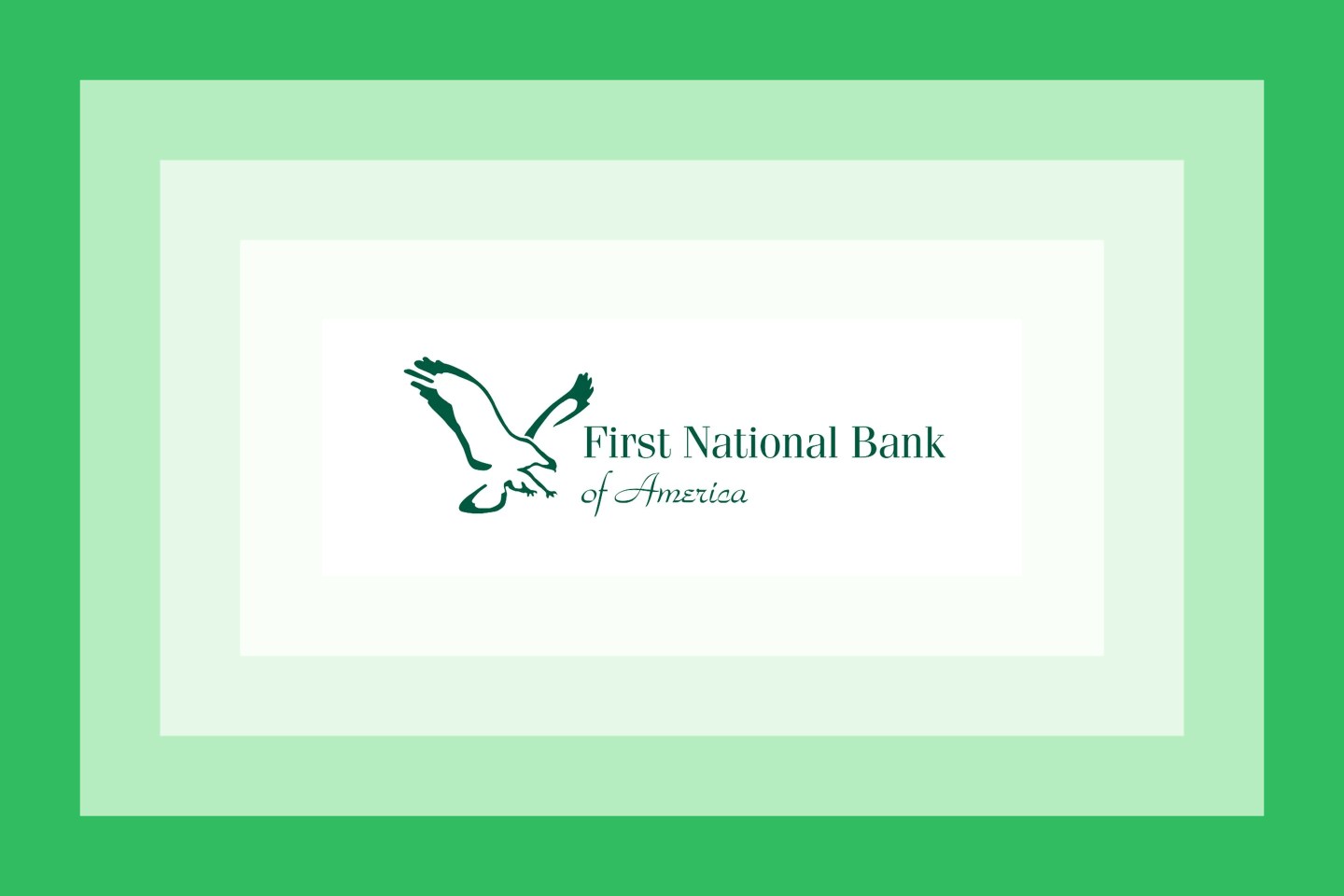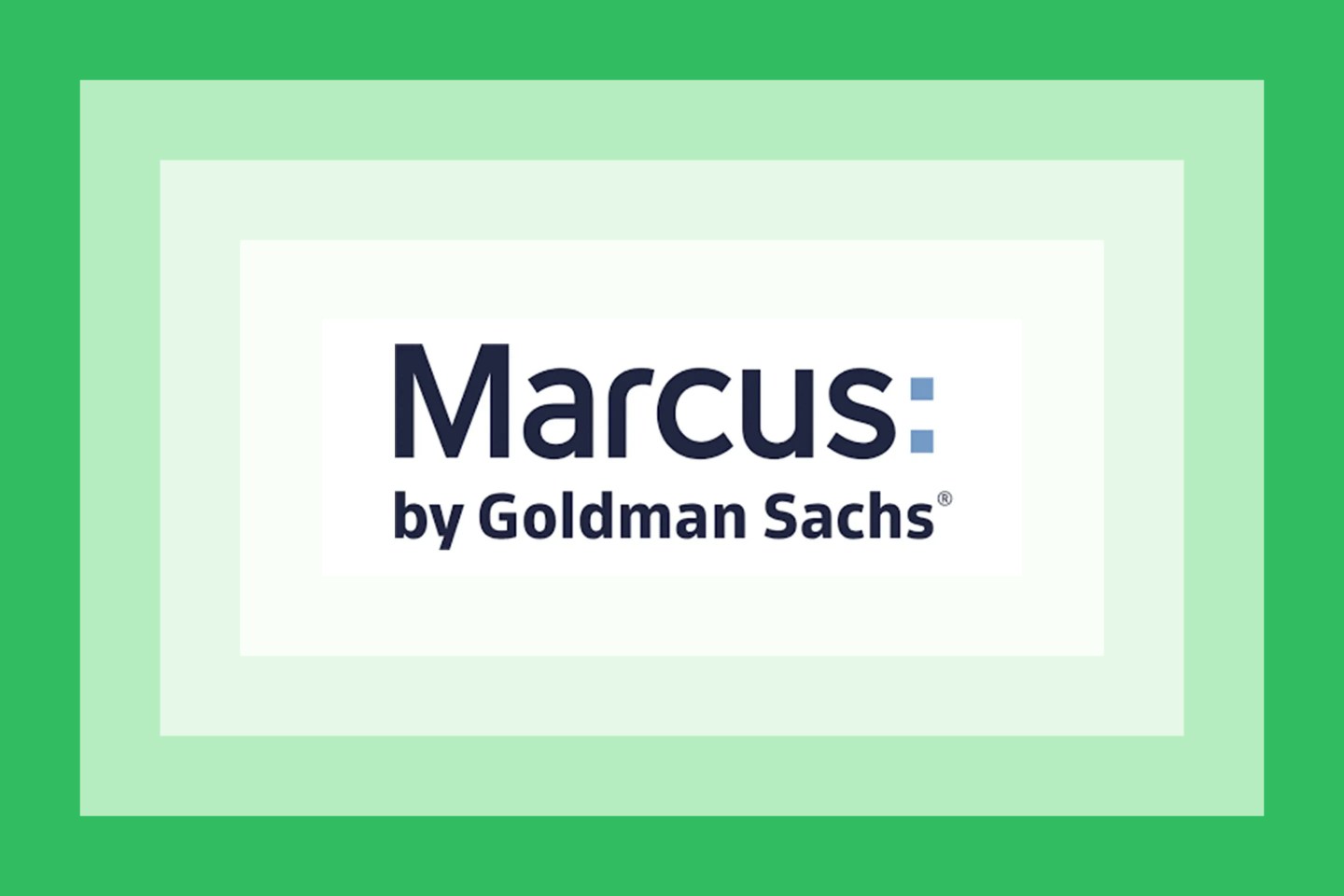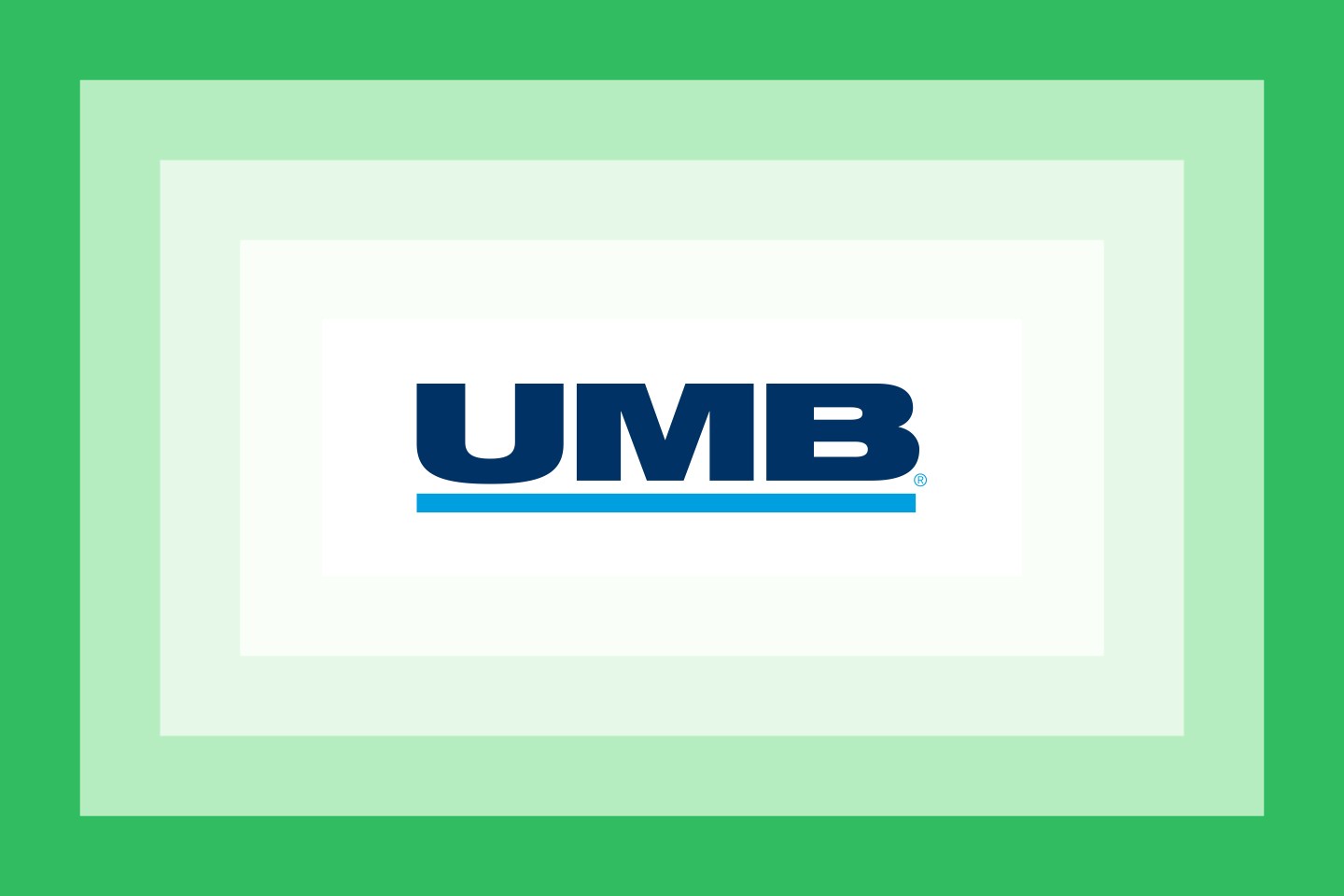You’ve got a checking account for paying bills and things that require immediate access to your funds. And you’ve got a high-yield savings account so your emergency fund earns an above-average APY while stashed away. What’s next? The smart consumer might opt to open a certificate of deposit—or even several—to protect their savings from market changes that can cause the interest rate offered on other types of deposit accounts to fluctuate.
With our top picks for CDs, you can earn an APY of up to 4.00%. Let’s dive in.
Editor’s Picks: Best CDs of Best certificates of deposit (CDs) for February 2026
Fortune has joined forces with the banking industry experts at Curinos to monitor top CD rates and keep consumers informed. Here are some of our favorites for a variety of needs and terms.
Details reviewed Jan. 30, 2026.
Best for a high APY
Northern Bank Direct
| CD Term | 6 months |
| APY | 4.15% |
| Minimum deposit | $500 |

at Northern Bank Direct
- Year Founded: 1960
- Company Headquarters: Woburn, MA
- CEO: James Mawn Jr.
If you’re simply looking for a generous APY to maximize the interest your CD earns, Northern Bank Direct tops our list with a 4.15% APY on a 6-month CD. And with a $500 minimum deposit, this is an accessible choice even for savers just starting out.
Note, while some customers might find a slightly higher APY with Citibank’s 3-month CD, it did not earn our top spot because the APY Citi offers can vary based on your location.
Details reviewed Jan. 30, 2026.
Best for a low minimum deposit
E*TRADE
| CD Term | 9 months |
| APY | 4.10% |
| Minimum deposit | $0 |

at E*TRADE
- Year Founded: 1982
- Company Headquarters: Arlington, VA
- CEO: Michael A. Pizzi
E*TRADE CDs require no minimum deposit, and many of them offer highly competitive yields. Our top pick for this category is the 9-month CD with its 4.10% APY. When you’re looking to secure a strong earning rate for a year but you don’t necessarily want to tie up hundreds or thousands of dollars, this might be the right investment for you.
Details reviewed Jan. 30, 2026.
Best for a 3-month CD
Ivy Bank
| CD Term | 3 months |
| APY | 4.00% |
| Minimum deposit | $1,000 |

at MoneyLion
- Year Founded: 1834
- Company Headquarters: Cambridge, MA
- CEO: Ryan Bailey
Consider the 3-month CD from Ivy Bank if you want to earn a relatively generous APY without locking away your money for too long. It offers a competitive 4.00% APY and requires a fairly low $1,000 minimum deposit.
Details reviewed Jan. 30, 2026.
Best for a 6-month CD
Newtek Bank
| CD Term | 6 months |
| APY | 4.10% |
| Minimum deposit | $0 |

at MoneyLion
- Year Founded: 1963
- Company Headquarters: Miami, FL
- CEO: Barry Sloane
Our top pick for a high APY, the 6-month CD from Northern Bank Direct, is obviously a good choice for this. But, maybe you want an alternative option.
So, if you’re ready to commit your money for half a year and Northern Bank Direct isn’t a fit for you, consider the 6-month CD from Newtek instead.
The Newtek Bank 6-month CD earns a 4.10% APY, which is quite robust for the current economic environment. Plus, we love that there’s no minimum deposit required, so you can begin earning interest even if you’re just starting your savings journey.
Details reviewed Jan. 30, 2026.
Best for a 1-year CD
E*TRADE
| CD Term | 12 months |
| APY | 4.10% |
| Minimum deposit | $0 |

at E-trade
- Year Founded: 1982
- Company Headquarters: Arlington, VA
- CEO: Michael A. Pizzi
Planning to stash your money away for 12 months? Then this CD from E*TRADE with its 4.10% APY could be a good place to store your savings. And, we love that it’s accessible to savers even if you don’t immediately have a huge chunk of cash on hand, as there’s no minimum deposit required.
Details reviewed Jan. 30, 2026.
Best for a 5-year CD
Sallie Mae Bank
| CD Term | 60 months |
| APY | 4.00% |
| Minimum deposit | $2,500 |

at Bankrate
- Year Founded: 1972
- Company Headquarters: Newark, DE
- CEO: Jonathan W. Witter
at Bankrate
Maybe you’re looking to store that nest egg for a longer period of time for the guarantee of a solid APY over the years. In that case, know that Sallie Mae offers a solid 4.00% APY on its five-year CD. You will need at least $2,500 saved up for the minimum deposit if you want to open one of these accounts.
Details reviewed Jan. 30, 2026.
Best for a 10-year CD
First National Bank of America
| CD Term | 120 months |
| APY | 3.80% |
| Minimum deposit | $1,000 |

at MoneyLion
- Year Founded: 1955
- Company Headquarters: East Lansing, MI
OK, at this point, you’re in it for the long haul. Those of you ready to tie up some dough for a decade in exchange for a strong payoff on your investment will want to look at First National Bank of America’s 10-year CD. It offers a 3.80% APY and requires a $1,000 minimum deposit.
Details reviewed Jan. 30, 2026.
Complete guide to CDs
There are several terms and strategies to familiarize yourself with as you develop a CD strategy that works well for you. Here are some of the basics.
What is a certificate of deposit?
With CDs, or certificates of deposit, customers receive a fixed interest rate in exchange for tying up their money for a fixed period. Interest is typically paid on a regular basis, either daily, monthly, or quarterly.
After a CD reaches maturity—or the end of its term—you can withdraw the money you deposited initially, plus any earned interest. If you tap your money before the CD’s term is up, most CDs charge an early withdrawal penalty, which is usually worth a few days or months of interest.
Typically, upon maturity, your CD is renewed automatically. If you don’t want to roll over your money into a new CD, you’ll usually be given a grace period during which you can choose to withdraw your funds.
What is considered a good CD rate?
A “good” CD rate can be somewhat subjective. That’s because you need to strike a balance between the best rate available and the longest amount of time you can afford to keep your money tied up. For example, if you find a CD offering 5% APY, but it requires you to keep your money on deposit for five years, the interest rate may not be worth it. You might need your money sooner or rates could go higher while you’re stuck earning a lower return.
Generally, a CD rate that’s above the national average is a solid choice. Before deciding if a CD is worth it, compare accounts from multiple banks and see which one offers the highest rate for the term length you want.
The FDIC publishes national averages for a variety of deposit account types here. As of this writing, the national average on CDs ranged from 0.23% (on 1-month CDs) to 1.61% (on 12-month CDs).
How are CD rates determined?
CD rates are set by your individual bank or financial institution. Although, there are several factors that can influence these rates. This includes the length of your CD term (longer-term CDs usually offer higher rates than shorter-term ones) and type of CD, the amount of your initial deposit (some CDs offer tiered interest rates), benchmark interest rates set by the Federal Reserve, and temporary promotional offers offered by your financial institution.
What is the APY on a CD?
APY stands for “annual percentage yield.” It’s a way to calculate the total amount of interest that you can earn on an investment such as a CD in one year, taking into account the effect of compounding interest.
The APY of a CD will depend on the interest rate offered by the bank or financial institution, the frequency of compounding (daily, monthly, annually, and so on), and the length of the term of the CD.
What are CD ladders and how do they work?
For savers who are on the fence about locking away their funds in a CD for an extended amount of time, you’re not alone. While some CDs offer terms that are just a few months long, other CDs take years to mature—usually, you earn a higher rate with these CDs, but you’ll have to part with your money for longer.
One way to score the benefits of both short and long-term CDs is to set up a CD ladder. This is a savings strategy where you split your savings between several CDs of varying maturities.
Here’s how a CD ladder works: If you want to invest $3,000, you would invest $1,000 each in three CDs of staggering maturities—let’s say one-year, two-year, and three-year. When each CD matures, you reinvest that money in a three-year CD. That way you have access to cash every year.
Do I have to pay taxes on CD interest?
If you opt for a CD as your primary savings vehicle, you should be aware that interest earned on the funds you deposit is considered taxable interest by the IRS. The interest you earn is subject to federal and state income tax.
Your financial institution will typically send you a 1099-INT statement for any interest earned over $10, and the amount you owe will depend on how much interest you’ve earned and your tax bracket.
If you withdraw funds from your CD early, you can also expect to see those penalties on your 1099-INT form.
Is a certificate of deposit considered a safe investment?
Certificates of deposit are considered safe investments so long as they are helped by FDIC- or NCUA-insured financial institutions which insure your deposits up to $250,000 per depositor, per bank, for each account ownership category or up to $250,000 per share owner, per insured credit union, for each account ownership category.
Check Out Our Daily Rates Reports
- Discover the highest high-yield savings rates, up to 5% for February 2, 2026.
- Discover the highest CD rates, up to 4.18% for February 2, 2026.
- Discover the best personal loan rates for February 2, 2026.
- Discover the current mortgage rates for February 2, 2026.
- Discover current refi mortgage rates report for February 2, 2026.
- Discover current ARM mortgage rates report for February 2, 2026.
- Discover the current price of gold for February 2, 2026.
- Discover the current price of silver for February 2, 2026.
- Discover the current price of platinum for February 2, 2026.
Types of CDs
There are various types of CDs you can choose from depending on how much money you’d like to deposit into your CD, whether you’d prefer to have access to your money before maturity, and more. A few of the most common types of CDs include:
Brokered CDs
Brokered CDs are purchased and sold through a brokerage account rather than through a bank or credit union.
These CDs are usually issued by banks and then sold to brokerages, which then offer them to customers at higher APYs than traditional CDs.
You’ll also get greater flexibility with a brokered CD: Rather than pay an early withdrawal penalty, you can access your cash early by selling your brokered CD on a secondary market.
However, in doing so you open yourself to interest rate risk.
If you sell your brokered CD after interest rates have risen, your CD, with a lower rate, will be less valuable to investors, and you may lose money when you sell it.
Some brokered CDs may have a call feature too.
Callable CDs
Callable CDs have a call feature that allows the financial institution that issued them to terminate the CD before it reaches maturity. When this happens, the investor keeps the principal and any interest they accrued up to that point.
Typically, a financial institution calls a CD when interest rates drop because it can offer lower interest rates on newly issued CDs. After your CD is called, you’ll have to reinvest your funds at a lower rate—this is known as reinvestment risk. Due to this risk, callable CDs usually offer higher APYs than CDs without a call feature.
Bump-up CDs
With a bump-up CD, you can request an APY on your CD if interest rates rise after you’ve opened your account. Typically, you’ll be eligible to increase the rate on your CD once or twice during the term.
No-penalty CDs
This type of CD does not charge a penalty for withdrawing funds before your CD reaches maturity. This type of CD is less common than other CD types and may also offer lower APYs than traditional CDs.
Jumbo CDs
Jumbo CDs typically require a minimum opening deposit of at least $100,000 but usually offer higher APYs than traditional CDs.
Variable-rate CDs
With a variable-rate CD, the APY fluctuates based on the interest rate. These CDs are riskier than traditional CDs because if interest rates drop before the CD reaches maturity, you can receive a lower interest rate.
CD calculator: how to determine CD earnings potential
To calculate your earnings from a CD, you’ll need to use the following formula: P(1+R/N)(NT) = A. Where “A” represents the value of your CD, including interest. “P” is equal to your principal balance or initial deposit. “R” represents your yearly interest rate―in this case, it would be your APY. “N” represents the compound frequency of your CD in a given year, and “T” represents the number of years until your CD’s maturity date. Let’s illustrate this with an example:
- Initial deposit “P” = $500
- APY “R” = 5.15%
- Monthly compound frequency “N” = 12
- Number of years until maturity “T” = 1
Our equation would turn out like this:
500 x ((1+(5.15/12)) x (12 x 1)) = $526.37
So, if you deposit $500 into a 12-month CD with an interest rate of 5.15% that compounds monthly, you could expect to withdraw about $526 at the end of the term.
To calculate rates accurately, you may need to do a bit of extra math to determine your variables. For example, if the term length is under a year, you’ll need to determine what percentage of “1” to use for the variable “T.” A three-month term would be 0.25, a six-month term would be 0.5, and so forth. Here are more examples that calculate the end value of a CD with a $500 opening deposit and 5% APY:
Can you get a CD rate over 5%?
As of January 2026, the Fortune team is not seeing CD rates over 5%.
Interest rates generally fluctuate depending on changes in the federal funds rate. Banks are willing to offer higher CD rates when the federal rate is high because CDs are an ideal deposit product that are not liquidated easily the way that checking and savings accounts are.
Given that the Federal Reserve made three consecutive cuts in 2025, it’s not surprising that CD rates right now are under 5%. And in its latest meeting on January 28, 2026, the Fed elected to maintain the current federal rate of 3.50%-3.75%.
However, it is still possible to find CD rates nearing above 4.00%, so now could be an excellent time to pull the trigger if you’re looking ahead at the chance of future Fed rate cuts later this year.
It’s important to note that higher earning rates may be tied to longer CD terms. And, if you withdraw your funds before the term is up, you may incur early withdrawal penalties that forfeit a large portion of the accrued interest. Before you commit to a CD, make sure you can live without access to those funds for the designated time period.
Pros and cons of CDs
While CDs can be attractive for their high interest rates, they aren’t a perfect fit for everyone. Let’s review some of the pros and cons.
Advantages of certificates of deposit
CDs offer many advantages for savers, including higher APYs and fixed rates, which may offer greater returns over time. Additionally, CDs are offered in a variety of terms, making it a viable option for savers with short- and long-term goals.
Disadvantages of certificates of deposit
CDs don’t offer the same liquidity as other savings accounts. Should you need to access your funds, you’ll likely be charged a penalty for doing so. Additionally, your overall returns upon your CD’s maturity date could be impacted if the inflation rate increases at a faster pace than your interest earnings.
Alternatives to CDs
CDs differ from other savings accounts in a few key ways. This type of account not only functions differently, but it may be better suited for a certain type of consumer who is saving for a goal with a specific timeline:
- Access to your savings: CDs don’t offer the same level of access to your savings that a traditional savings account or MMA would. Once you agree to your CD term, your money will sit, untouched, and accrue interest for the duration of your term until your CD hits maturity. Making a withdrawal early would result in an early withdrawal penalty.
- CDs usually offer higher APYs at a fixed rate: One of the major selling points for a CD account is that, typically, CDs offer a fixed APY at a higher rate than other types of savings vehicles. That means that you’ll be able to take advantage of a higher rate for an extended period of time, and you’ll have the peace of mind knowing that once you’ve locked in your rate, your APY won’t fluctuate during your term in response to external factors, such as federal funds rate increases.
CDs vs. high-yield savings accounts
High-yield savings accounts work in the same way as traditional savings accounts. It’s a deposit account at a credit union or bank that you can use for saving and earning interest on your money—usually at a higher rate. This type of savings account differs from CDs in that they offer greater access to your funds, rather than requiring you to lock away your funds for a set amount of time. As such, there’s no penalty for making withdrawals.
CDs vs. money market accounts
Money market accounts function as a hybrid between savings accounts and checking accounts. Similar to CDs, these accounts typically offer much higher APYs than checking accounts, but may still offer some of the same features including check writing, debit card access, and the ability to make withdrawals and deposits via ATM. Like a CD, this type of account may also be of interest to savers who have the ability to make a larger opening deposit.
Frequently asked questions
In which situation would a certificate of deposit (CD) be the best banking choice?
A CD may be the best banking choice for you if you are saving for a long-term goal with a specific timeline in mind. To avoid early withdrawal penalties or potentially forfeiting any interest earned on the funds in your CD, you want to be sure that you won’t need access to your money before your CD’s maturity date.
Is now a good time to lock in a CD?
While CD rates have dipped a bit from where they were before the Fed cut its benchmark rate in late 2025, CDs still offer a good opportunity to lock in an APY in a way that you can’t with something like a savings account. If the Fed decides to cut rates down the road, you can expect the APY offered on most deposit accounts to drop again, so now may be a good time to stash your funds in CDs.
What is the minimum balance for a certificate of deposit?
The minimum balance for a CD depends on your financial institution. The minimum may range from zero to thousands of dollars.
Can you add money to a CD?
When you invest in a CD, you typically deposit one lump sum and then leave it alone until the account reaches maturity. However, some financial institutions offer special types of “add-on” CDs that allow you to deposit additional funds after the initial deposit. The amount and frequency of deposits you’re allowed to make depend on the particular account.
Are CDs good during inflation?
CDs can be a good investment when inflation is high, but since interest rates tend to rise and fall with the inflation rate, you might be breaking even when you account for taxes too.
For example, when inflation is high, the Federal Reserve will raise interest rates to curb demand and reduce inflation. While you’ll score a higher APY on a CD, the high inflation rate could wipe out most of the returns you get from the CD.
Note that since CDs usually offer higher interest rates than checking accounts and traditional savings accounts, CDs can help you better outpace inflation than other deposit accounts. Plus, you can lock in rates with CDs.
Is it better to get a CD at a bank or at a credit union?
As long as you meet the membership requirements needed to join a credit union and verify that the financial institutions you’re considering are FDIC or NCUA members, both banks and credit unions offer similar products, including CDs. Rates will vary across the board.
Are short-term or long-term CD rates better?
Generally speaking, long-term CDs offer higher interest rates than short-term CDs—think of it as a reward for committing your money for a longer period. However, this is not always the case. When the yield curve inverts, short-term CDs boast higher rates than long-term CDs.
Overall, whether it’s better to choose a short-term or long-term CD depends on your goals and the current interest rate environment. Learn more about how to invest in CDs in our guide.
How often do current CD rates change?
Banks and credit unions update current CD rates based on market conditions. These rates typically receive an update no sooner than weekly, although some don’t do so for months.
Is there such a thing as a 7% CD rate?
Some banks and credit unions occasionally offer rates that seem too good to be true, like 7% APY, such as what we saw in August 2023. However, these typically are only offered for a very short window of time and have unfavorable conditions on them, such as the certificate renewing automatically at the current rate at the time of maturity or capping on the amount deposited. As of this writing, we’re not aware of CDs offering a 7% APY.













